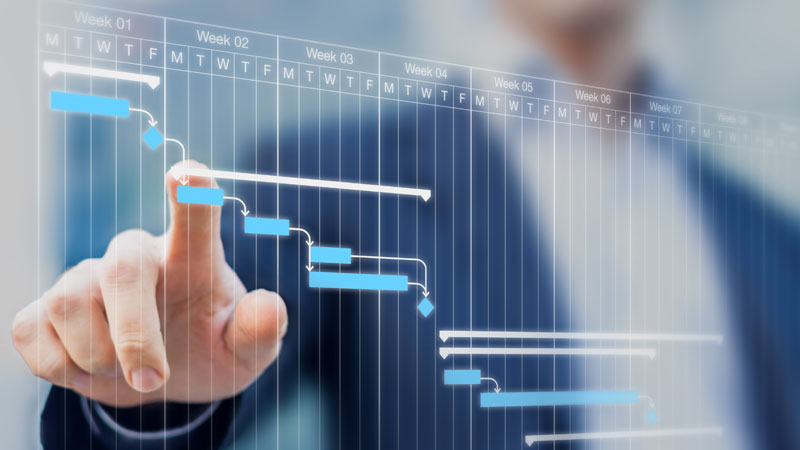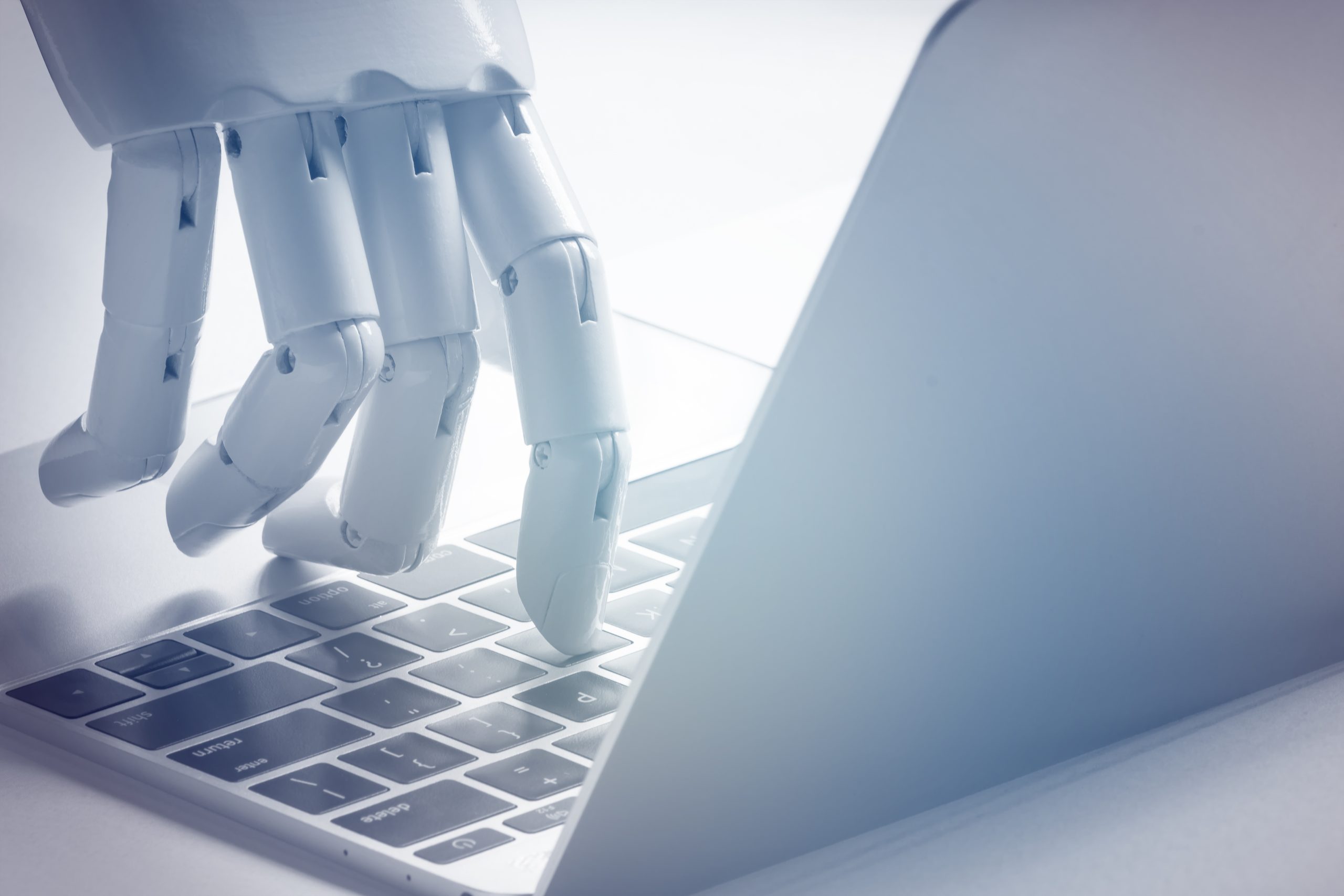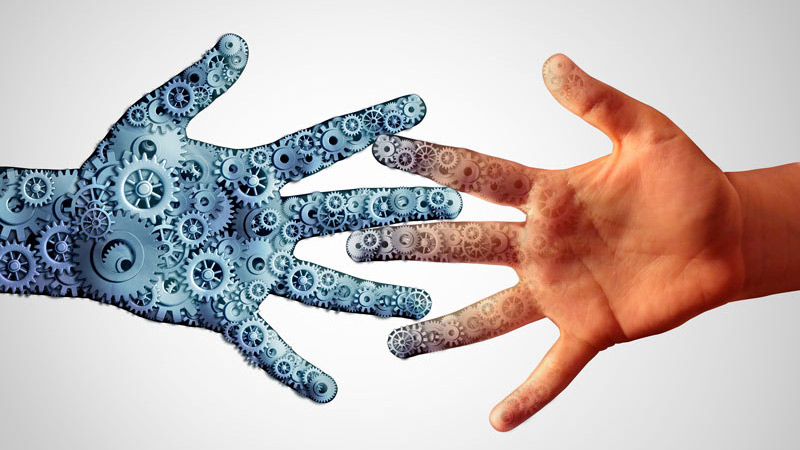RPA makes processes faster, cheaper and better. We explain what lies behind this fascinating technology and how you can use it.
Robotic Process Automation (RPA for short) is an increasingly important aspect of the digitalisation of processes. Robot-assisted process automation, as it is called in German, uses "intelligent" technologies to automate manual processes to a large extent or even completely.
So-called RPA bots are used in robotic process automation. These are programmed and trained to imitate human activities and to perform them independently.
Yes and no. RPA bots are often based on smart algorithms that come from the field of ML (machine learning). The "machines" try to acquire new knowledge on their own in order to become better.
In the future, many technologies in the field of robotic process automation will certainly be equated with AI (artificial intelligence).
Many processes in companies consist of repetitive, inefficient activities and procedures. Surely this is also the case for you.
With RPA software and similar technologies, repetitive processes can be automated and thus significantly accelerated. The goal of automation by means of RPA is to improve the efficiency of your employees and help them to concentrate on meaningful and value-adding aspects.
RPA bots are more or less digital employees that theoretically work 24 hours a day, 365 days a year. They complete their tasks extremely quickly - and with a constantly very high quality. Among other things, you can use this to speed up processes and increase the customer experience.
Well-used RPA software ensures that your professionals can focus on their true competencies instead of wasting their expensive working time on repetitive tasks. In addition, the digitalization and automation of processes drives the digital transformation of your business.
Robot Process Automation is gradually gaining acceptance. For example, RPA software supports the controlling of companies in the consolidation of data and information. In doing so, it independently "taps" into various sources, including via special interfaces.
RPA bots are welcome in financial accounting. The administration of incoming orders, the issuing of invoices and the checking of account movements can be managed perfectly with the "robots".
Robot Process Automation also shows its strengths in customer service: Chatbots answer enquiries, take orders or help solve problems. While customer satisfaction increases, support costs are permanently reduced.
RPA technology is also used in the SAP environment. With SAP Process Automation, for example, workflows can be automated and business decisions can be made quickly.
The development, implementation, support and further development of RPA solutions can be very costly. Not all companies can provide the necessary resources internally. In this case, Robot Process Automation as a Service (RPAaaS) is an option.
With RPAaaS or RPA as a Service, an RPA service provider takes over all technical tasks, such as providing the infrastructure and updating the bots. Your company can book this service flexibly and scalably.
In order to remain efficient and competitive in global competition, medium-sized companies and corporations must open up to RPA. Small companies and start-ups should also make use of the advantages as soon as possible - if only to be able to counteract the growing shortage of skilled workers.
In the medium term, RPA software will be commonplace in modern companies. The bots take on the role of real employees and support the skilled workers in their daily work. When the algorithms reach the status of "artificial intelligence", they will perform numerous tasks independently. This will give your company the chance to better adapt to rapidly changing market situations (keyword: crises) and to push ahead with necessary innovations in shorter cycles.









